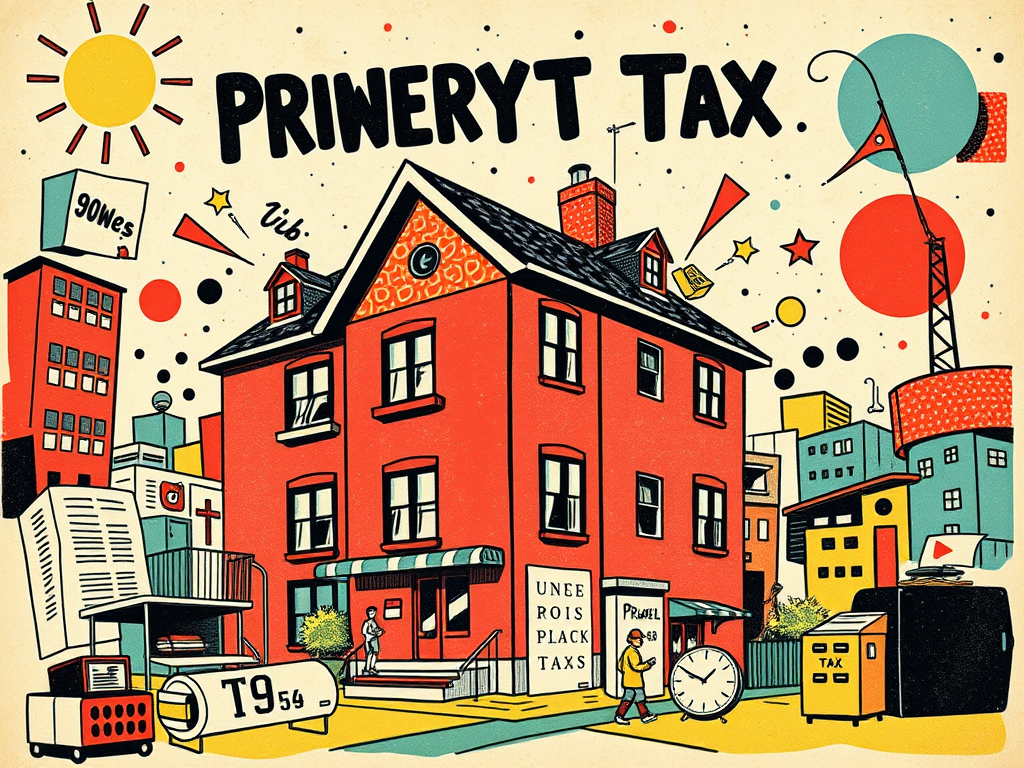
Remote Work Revolution: How Telecommuting is Boosting Demand for Greek Vacation Homes
Reading time: 15 minutes
Table of Contents
- Introduction
- The Rise of Remote Work
- Greece’s Allure for Digital Nomads
- Economic Impact on Greek Real Estate
- Challenges and Opportunities
- Future Outlook
- Conclusion
- FAQs
Introduction
The global workforce landscape has undergone a seismic shift in recent years, with remote work transitioning from a niche perk to a mainstream reality for millions of professionals worldwide. This paradigm shift has not only redefined how we work but has also dramatically impacted where we choose to live and invest. One unexpected beneficiary of this trend has been the Greek vacation home market, which has seen a surge in demand from international buyers seeking to combine work and leisure in idyllic Mediterranean settings.
In this comprehensive analysis, we’ll explore the intricate relationship between the remote work revolution and the burgeoning interest in Greek vacation properties. We’ll delve into economic indicators, market trends, and the broader implications for both the Greek economy and global work patterns.
The Rise of Remote Work
The concept of telecommuting is not new, but the COVID-19 pandemic accelerated its adoption at an unprecedented rate. Companies that had previously been hesitant to embrace remote work were forced to adapt quickly, leading to a widespread realization that many jobs could be performed effectively from anywhere with a reliable internet connection.
Key Statistics on Remote Work Adoption
- Global remote work increased by 159% between 2005 and 2017, according to FlexJobs
- Gallup reports that 45% of full-time U.S. employees worked remotely at least part of the time in September 2021
- A survey by Buffer found that 97.6% of remote workers would like to continue working remotely, at least some of the time, for the rest of their careers
This shift has profound implications for real estate markets worldwide, as workers are no longer tethered to traditional urban centers and can consider a broader range of living options.
Greece’s Allure for Digital Nomads
Greece, with its rich history, stunning landscapes, and Mediterranean climate, has long been a popular tourist destination. However, the rise of remote work has transformed the country’s appeal, positioning it as an attractive option for long-term stays and property investment.
Factors Contributing to Greece’s Appeal
- High-quality lifestyle at a relatively low cost of living compared to other European countries
- Improving digital infrastructure, with the government investing in broadband expansion
- Favorable tax incentives for digital nomads and remote workers
- The introduction of the greece investment visa program, which offers residency to property investors
These factors have coalesced to create a perfect storm of opportunity for both remote workers and the Greek real estate market.
Economic Impact on Greek Real Estate
The influx of remote workers and digital nomads has had a significant impact on the Greek property market, particularly in popular island destinations and coastal areas.
Market Trends and Data
- According to the Bank of Greece, foreign investment in Greek real estate increased by 34.5% in 2021 compared to the previous year
- The Greek Golden Visa program saw a 10.3% increase in applications in 2021, with many applicants citing remote work opportunities as a motivating factor
- Property prices in popular destinations like Mykonos and Santorini have seen double-digit growth in recent years
This surge in demand has not only boosted property values but has also stimulated local economies through increased spending on goods and services.
Regional Economic Benefits
The economic impact of this trend extends beyond the real estate sector. Remote workers and digital nomads contribute to local economies in various ways:
- Increased year-round occupancy, reducing the seasonality of tourism-dependent regions
- Higher demand for long-term rentals and property management services
- Growth in co-working spaces and digital infrastructure investments
- Spillover effects on local businesses, restaurants, and service providers
These factors contribute to a more resilient and diversified economic base for many Greek communities.
Challenges and Opportunities
While the influx of remote workers has brought numerous benefits, it also presents challenges that need to be addressed to ensure sustainable growth.
Challenges
- Potential displacement of local residents due to rising property prices
- Strain on existing infrastructure in popular destinations
- Need for improved digital connectivity in more remote areas
- Balancing the interests of long-term residents with those of newcomers
Opportunities
- Investment in digital infrastructure to support remote work
- Development of new housing and mixed-use projects tailored to digital nomads
- Creation of specialized services catering to the needs of remote workers
- Potential for knowledge transfer and skill development in local communities
Addressing these challenges while capitalizing on the opportunities will be crucial for sustaining the positive momentum in the Greek vacation home market.
Future Outlook
The trend of remote work-driven investment in Greek vacation homes shows no signs of slowing down. Several factors suggest that this trend may continue to grow in the coming years:
Projections and Predictions
- Global Workplace Analytics predicts that 25-30% of the workforce will be working from home multiple days a week by the end of 2023
- The Greek government has announced plans to further improve digital infrastructure and introduce more incentives for remote workers
- Climate change concerns may drive more people to seek Mediterranean lifestyles, combining work with a high quality of life
These projections indicate a potentially sustained demand for Greek vacation properties, with implications for long-term economic growth and development in the country.
Potential Policy Developments
To capitalize on this trend, the Greek government may consider implementing additional policies to attract and retain remote workers:
- Streamlined visa processes for digital nomads
- Tax incentives for companies that employ remote workers based in Greece
- Investments in smart city technologies to enhance the appeal of Greek cities for tech-savvy professionals
Such initiatives could further cement Greece’s position as a leading destination for remote workers and vacation home investors.
Conclusion
The remote work revolution has undeniably transformed the landscape of the Greek vacation home market. This trend represents a unique convergence of technological advancement, changing work cultures, and the timeless appeal of the Mediterranean lifestyle. As Greece continues to adapt to this new reality, it stands to benefit from increased economic diversification, property market growth, and an influx of skilled professionals.
However, the success of this transformation will depend on thoughtful management of the challenges that come with rapid growth and change. Balancing the needs of local communities with the opportunities presented by remote work-driven investment will be crucial for creating a sustainable and mutually beneficial ecosystem.
As we look to the future, the Greek vacation home market serves as a compelling case study in the power of remote work to reshape not just how we work, but where we choose to live and invest. For policymakers, investors, and remote workers alike, the evolving dynamics of this market offer valuable insights into the future of work and living in an increasingly interconnected world.
FAQs
1. How has remote work affected property prices in Greece?
Remote work has significantly increased demand for Greek vacation homes, particularly in popular island and coastal areas. This has led to notable price increases, with some regions experiencing double-digit growth in property values over the past few years.
2. What are the requirements for obtaining a Greece investment visa?
The Greece investment visa, also known as the Golden Visa program, typically requires a minimum real estate investment of €250,000. However, specific requirements may vary, and it’s advisable to consult with official sources or legal experts for the most up-to-date information.
3. Are there any tax benefits for remote workers in Greece?
Greece has introduced tax incentives for digital nomads and remote workers, including a 50% tax break on income for the first seven years for professionals who relocate to Greece. However, tax laws can be complex and subject to change, so it’s important to seek professional advice.
4. How is Greece improving its digital infrastructure to support remote workers?
The Greek government has been investing in broadband expansion and has plans to further improve digital connectivity across the country. This includes initiatives to bring high-speed internet to more remote islands and rural areas to support the growing remote work population.
5. What are the potential long-term economic impacts of the remote work trend on Greece?
The long-term economic impacts could include a more diversified economy, reduced seasonality in tourism-dependent regions, increased foreign investment, and potential knowledge transfer from skilled remote workers. However, it’s also important to manage potential challenges such as housing affordability for locals and infrastructure strain in popular areas.

Article reviewed by Everett Bellingrath, CEO | Business Growth Consultant | Transforming Mid-Sized Companies Through Operational Efficiency & Market Expansion Strategies, on March 13, 2025



